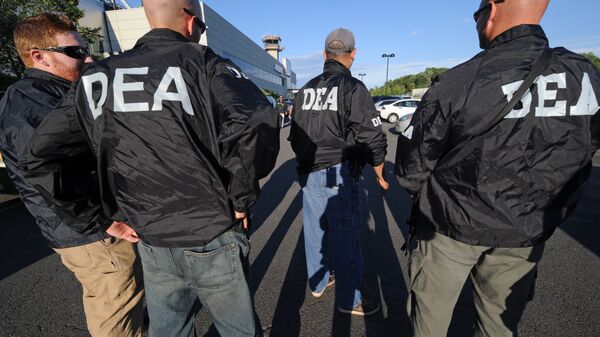Doctors Joseph and Abbas Zadeh, of Dallas, are appealing a ruling from earlier this year in which a federal judge in Texas said DEA agents can anonymously issue warrantless subpoenas to search the medical records of the Zadehs' patients.
The doctors' attorneys argue that "the DEA should not be allowed to circumvent the requirements of a warrant, and should be required to show probable cause."
In Texas, the DEA circumvents warrant requirements by getting the Texas Medical Board to order doctors to open their records. Agents then root through records to search for pill mills and prescription drug abusers.
In the Zadehs' case, DEA agents showed up at the office accompanied by a medical board investigator, who identified herself. The DEA agents, meanwhile, stayed silent, giving the impression that they too were with the board.
At a legislative hearing last year, Mari Robinson, the medical board's executive director, said situations like that, in which the board helps get agents access to records, happen 20 to 40 times a year.
"That is what we do for our part. The DEA has its own responsibility," Robinson said.
When agents are unable to trick doctors, they send subpoenas demanding medical records without court approval – something the DEA has done nationwide thousands of times, an agency spokesman estimated.
The medical board has authority to issue "administrative subpoenas" for medical records, because such information falls under its jurisdiction.
Therefore, in cases where impersonation fails, the DEA writes doctors its own administrative subpoena – even though the agency is digging for evidence in potential criminal cases against doctors and patients.



